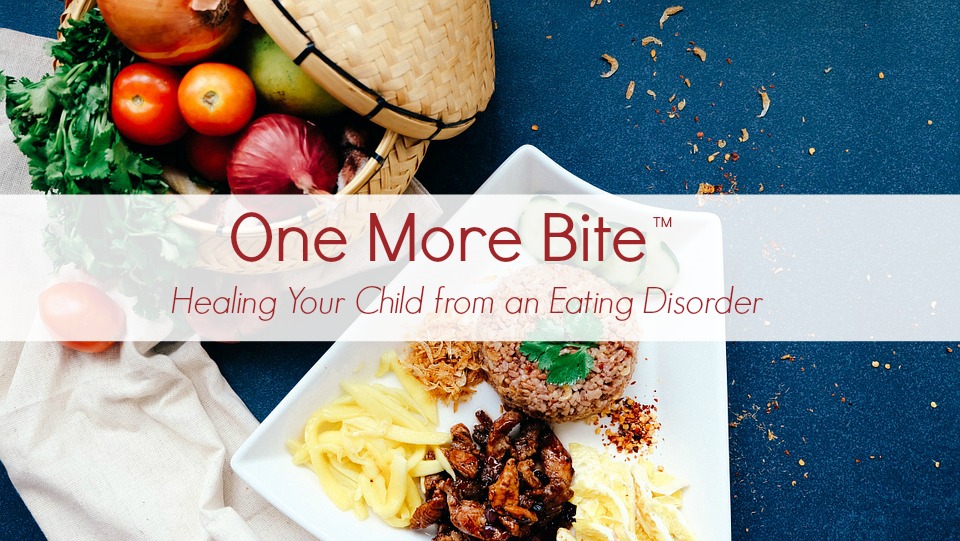Are you concerned that your child might have an eating disorder?
If she does, do you feel like it is your fault?
Have you been revisiting every conversation, trying to identify how things went so wrong?
Does your family’s life revolve around food and eating?
If you are answering yes to any of these questions, you are not alone. Life right now at home may be full of all out fights about food. Or maybe the tension is thick with arguments about food that are not being had, discussions you are avoiding in well meaning attempts to keep the peace at home.
Perhaps you have been blaming yourself, thinking that something you said or did created the struggles that you now witness in your child.
If your instincts tell you that your child’s eating is not “normal,” you are probably right.
Many eating disorders in children and adolescents start with an innocent desire to get “healthy” or to “eat clean.” Quickly the rules and regulations add up and a full blown illness is at hand. Again and again, parents report having ignored their instincts that things were amiss for far too long before they sought help.
For years, the only solution once the disordered eating cycle had begun was to take your child to a professional and hope and pray that they would experience a cure. Decades of research on the effectiveness of traditional treatments for eating disorders have demonstrated how futile this effort could be when it comes to treating children and adolescents with eating disorders.
The great news comes in findings—both empirical and clinical—the parents can be and are a critical component of treatment and recovery from eating disorders. It makes sense, doesn’t it? After all, you have been with your child since birth, longer than anyone else. You know her likes and dislikes, pains and passions. And likely there is nothing that you would not do for your child.
What you need to learn is how to channel your love and dedication productively to help your child recover. Fear only goes so far. Facts and strategies are the key to effectively navigating recovery.
article continues after advertisement
If you would like to learn more about how you can be truly helpful to your child in recovery from an eating disorder, please join my free online workshop dedicated to helping you do this. You can register for this free workshop at http://bit.ly/2dhzOjr
It is crucial for concerned parents to have a forum to ask questions, to air concerns, and to get feedback from other parents and professionals. Healing begins in this conversation. Eating disorders are by nature isolating and often terrifying. Power lies in community and connection.
Parents who are equipped with the right information and are empowered to act on it are the crucial agents of change in eating disorder recovery. Take your first step on the journey to truly save the life of your loved on today.

